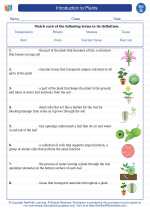Geology
Geology is the scientific study of the Earth's structure, materials, processes, and history. It encompasses a wide range of topics, including the formation of rocks and minerals, the movement of tectonic plates, the evolution of landscapes, and the history of life on Earth. Geologists use a variety of tools and techniques to study the Earth, including fieldwork, laboratory analysis, and computer modeling.
Key Concepts in Geology
- Rock Types: Geologists study three main types of rocks: igneous, sedimentary, and metamorphic. Each type forms through different processes and provides clues about the Earth's history.
- Plate Tectonics: The theory of plate tectonics explains how the Earth's lithosphere is divided into several large and small plates that move over the asthenosphere. This movement causes earthquakes, volcanic activity, and the formation of mountain ranges.
- Earth's History: Geologists use various methods, such as radiometric dating and fossil analysis, to understand the Earth's history and the evolution of life on our planet.
- Natural Resources: Geology plays a crucial role in the discovery and extraction of natural resources, including minerals, ores, fossil fuels, and groundwater.
- Environmental Geology: Understanding the Earth's processes and history is essential for addressing environmental challenges, such as climate change, land degradation, and natural hazards.
Study Guide
When studying geology, it's essential to grasp the following key concepts:
- Understand the three main rock types and their formation processes.
- Explain the theory of plate tectonics and its implications for the Earth's surface features.
- Describe the methods used by geologists to study the Earth's history and the evolution of life.
- Discuss the role of geology in the discovery and sustainable use of natural resources.
- Recognize the importance of geology in addressing environmental challenges and promoting Earth stewardship.
Additionally, practicing with geological maps, rock identification, and case studies of geological phenomena will help reinforce your understanding of geology.
Feel free to ask if you have any specific questions about geology or need further clarification on any topic!
.◂Science Worksheets and Study Guides Seventh Grade. Introduction to Plants
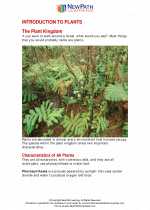
 Worksheet/Answer key
Worksheet/Answer key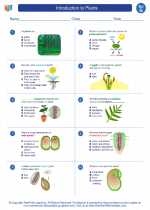
 Worksheet/Answer key
Worksheet/Answer key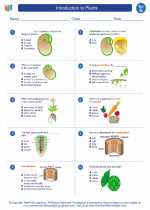
 Worksheet/Answer key
Worksheet/Answer key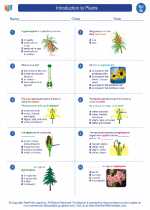
 Worksheet/Answer key
Worksheet/Answer key
 Vocabulary/Answer key
Vocabulary/Answer key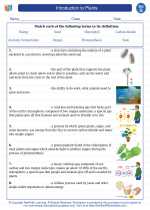
 Vocabulary/Answer key
Vocabulary/Answer key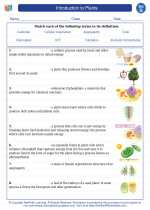
 Vocabulary/Answer key
Vocabulary/Answer key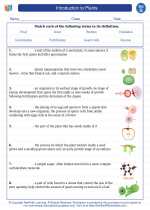
 Vocabulary/Answer key
Vocabulary/Answer key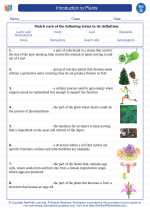
 Vocabulary/Answer key
Vocabulary/Answer key